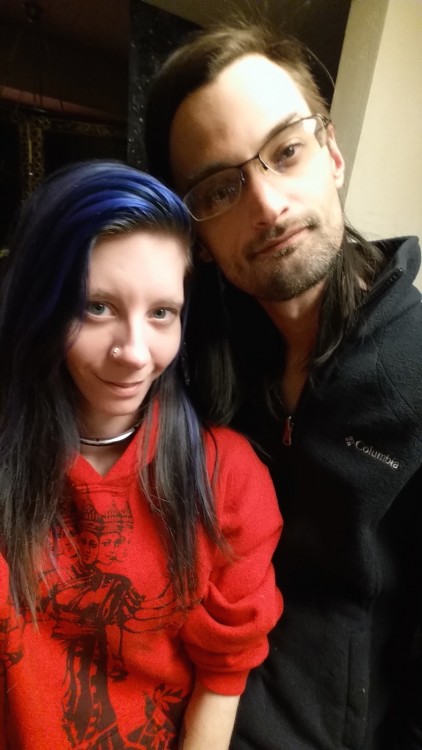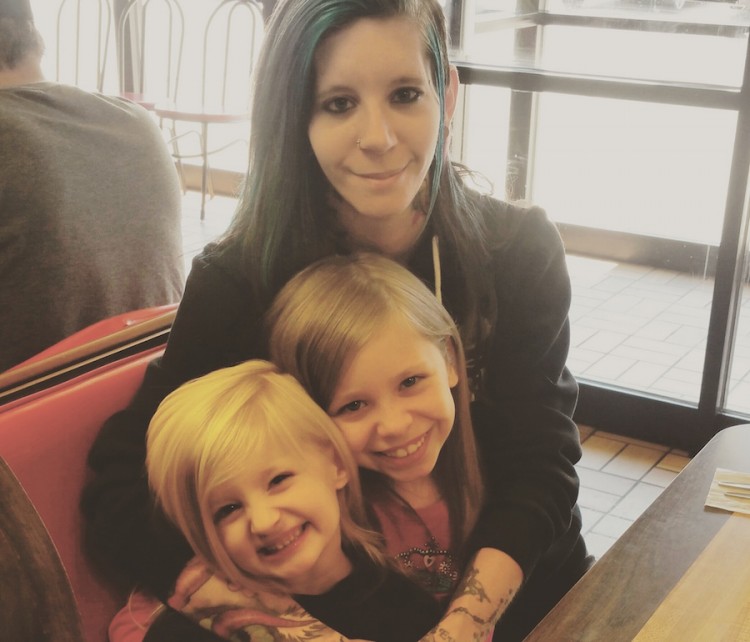I was 27 when I found out, with photos of my first surgery, a laparoscopy to confirm what we already feared, clutched in my hands.
Level 2 adenomyosis.
My doctor’s words were a blur. Was this some new, even-worse disease I hadn’t heard of yet?
It wasn’t.
Adenomyosis is endometriosis within the muscle wall of the uterus, which left me two options: Take Lupron Depot to maybe restablize my hormones through a temporary six-month menopause, or a hysterectomy.
I went quiet. I knew the possible pros and cons, and dangers, of Lupron from watching my mother growing up, and judging by the photos I knew I didn’t have a choice. I held back the tears until I hit the parking garage and the rest was a blur of crying, screaming over my music, flashes of the last few months of what I considered to be utter hell running through my mind the entire drive.
January 19, 2016, nearly two months after my first surgery and nearly six months after my first horrific flare, I had my hysterectomy. At my pre-op I remember my doctor looking me dead straight in the eye and saying I’d more than likely be back in a few months to take my ovaries out and my heart just dropped, remembering the photos I not so long ago stared blankly at.
When you do this they tell you about the mood swings and possible menopause symptoms, what to do while you heal and the restrictions; the basic medical things you need to know.

What they don’t tell you is how you may cry to your husband under a bad reaction to the anesthesia, apologizing for not being able to give him the son he wants, wondering how he could possibly even look at you after what you’ve done.
They don’t tell you that you may spend your birthday on a makeshift bed in the living room chair a few days after, curled up with your 5- and 9-year-old daughters, knowing they will be your last.
They don’t tell you that the pain and hurt of your miscarriage seven years ago will hit you like a freight train at the worst moments, or how seeing the news of a friend’s pregnancy will feel like a knife in your back no matter how happy for them you may really be.
They don’t tell you that you’ll feel guilty and hate yourself for weeks and months later, and wonder constantly when it will come back. That that very fear will keep you up for more than just a few nights at first.
They don’t tell you that for a while you’ll have to fight to love yourself, tell yourself that you’re just as much as a woman as you were before, and to be kind to yourself when the flares still come on.
They don’t tell you that you’ll get through it and be OK in time — but I will.

The Mighty is asking the following: Write the article you wish you’d found the first time you Googled your or a loved one’s diagnosis. If you’d like to participate, please send a blog post to community@themighty.com. Please include a photo for the piece, a photo of yourself and 1-2 sentence bio. Check out our Submit a Story page for more about our submission guidelines.
